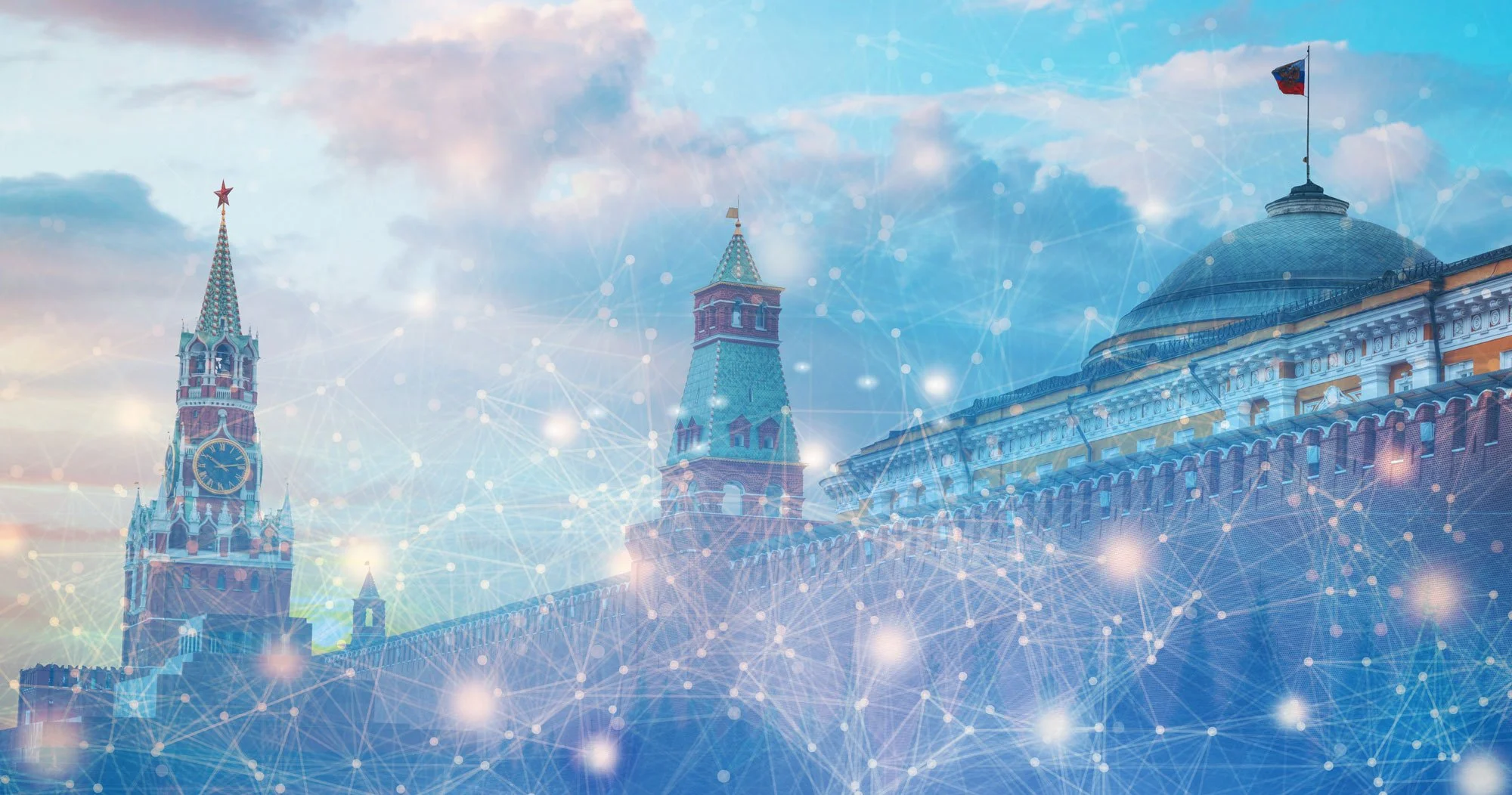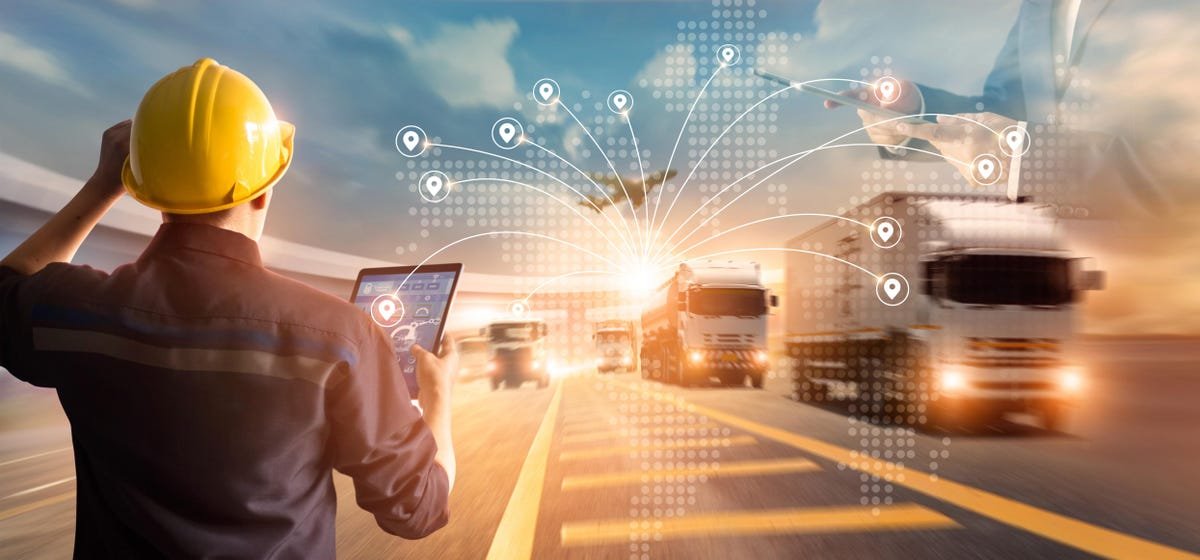Artificial intelligence (AI) is rapidly transforming the energy industry, from oil and gas exploration to renewable energy management. By using advanced analytics and machine learning algorithms, companies can analyze large volumes of data to optimize their operations, reduce costs, and improve safety. In this blog post, we'll take an in-depth look at how AI is being used in the energy industry, with examples of practical applications and implications for the future of energy consumption and our planet.
Oil and Gas Exploration
AI is being used in the oil and gas industry to optimize exploration and production, from identifying new oil and gas reserves to predicting equipment failure. For example, Chevron is using AI to analyze seismic data to identify potential new reserves, while Shell is using AI to predict equipment failures before they occur, reducing downtime and maintenance costs.
Renewable Energy Management
AI is also being used in the renewable energy sector to optimize energy generation and storage. For example, Tesla's Powerpack energy storage system uses AI algorithms to optimize the use of stored energy, reducing peak energy demand and reducing costs. In wind and solar energy, AI is being used to predict weather patterns and optimize energy generation, reducing waste and improving efficiency.
Smart Grid Management
AI is also being used to optimize the management of energy grids, from predicting demand to managing energy storage. For example, GE's Predix platform uses AI algorithms to predict energy demand and optimize energy generation, reducing waste and improving efficiency. Smart grids can also help to integrate renewable energy sources and reduce reliance on fossil fuels.
Implications for the Future
The use of AI in the energy industry has significant implications for the future of energy consumption and our planet. By optimizing energy generation and reducing waste, AI can help to reduce greenhouse gas emissions and mitigate the effects of climate change. The increased use of renewable energy sources, made possible by the optimization provided by AI, can help to reduce our reliance on fossil fuels and move towards a more sustainable future.
However, the use of AI in the energy industry also raises concerns about job displacement and the impact on local communities. As more processes become automated, the need for human labor in the energy sector may decrease, which could have negative consequences for workers and local economies.
Conclusion
In conclusion, AI is transforming the energy industry, from oil and gas exploration to renewable energy management and smart grid optimization. The use of AI has significant implications for the future of energy consumption and our planet, by reducing greenhouse gas emissions and moving towards a more sustainable future. However, the impact on local communities and workers must also be considered, as the need for human labor in the energy sector may decrease. As AI continues to evolve, it's crucial that we consider both the benefits and the potential drawbacks, and work to ensure that AI benefits society as a whole.








